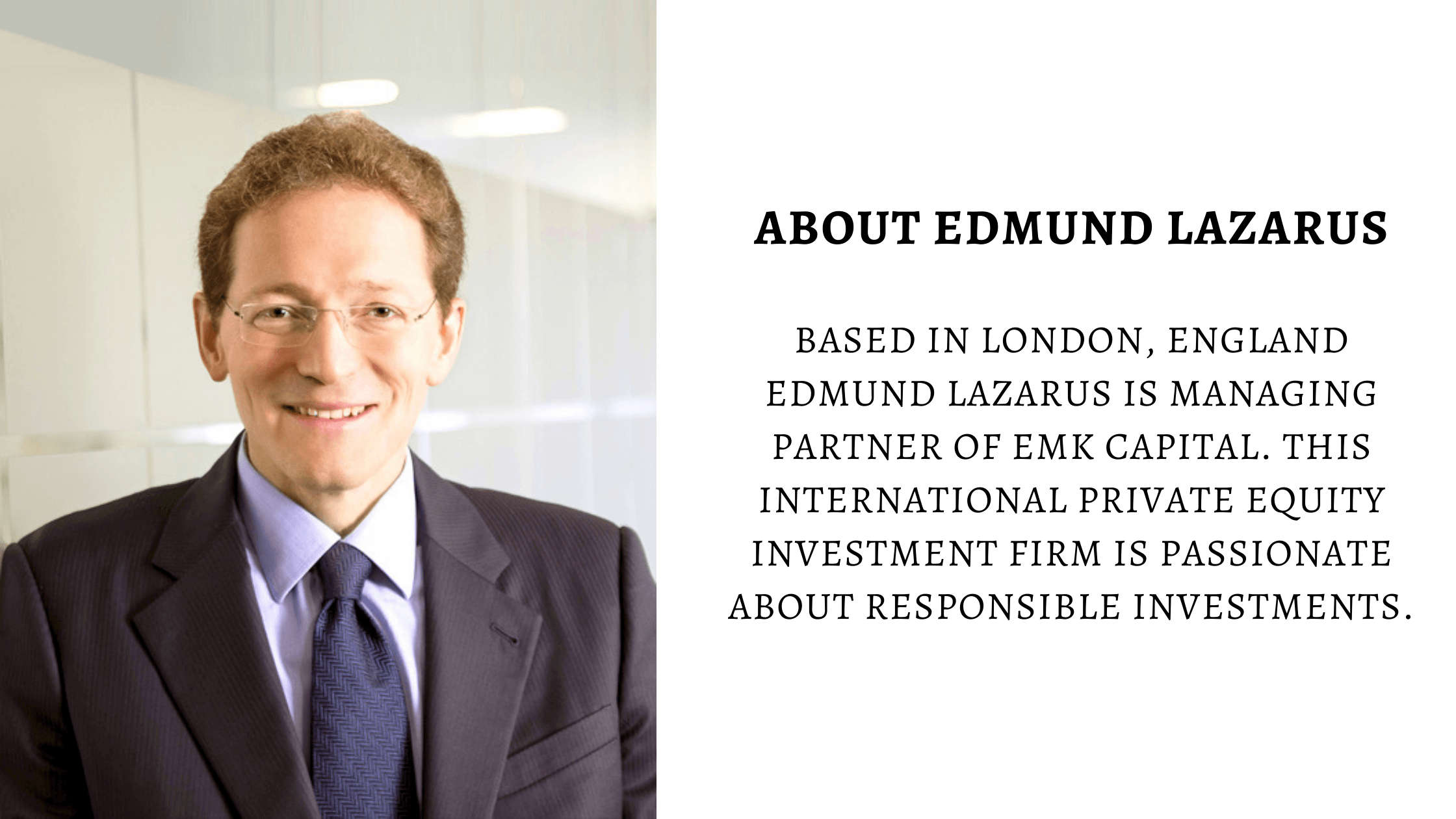Buying and merging with a company is one of the top ways to grow your business, but it’s also very tricky. One of the most significant issues with merging is consolidating the company culture between the two teams. Even if leadership is happy with the merger, the team might not be, and overlooking the required shift in company culture could be disastrous. Here are some tips on how to shift company culture at a newly acquired business.
Unify them under one name
This is a simple one: generally, when two companies merge to form a combined entity, it’s better to implement a single name. Often, the larger one keeps the name, but if the smaller company has more growth potential or a stronger reputation, that might be the better choice. Or they can combine the two under a new name. No matter what course you choose, having one name and one purpose will normally help unify the teams.
Learn about the old cultures
As early as possible in the acquisition process, learn as much as you can about the culture of the two teams. Determine what makes the target company unique and why they are a target company in the first place. Work on preserving those aspects in the merger. Likewise, look at the company doing the acquiring and determine what parts of their culture the target company could adopt.
Focus on one or two goals at a time
There could be a hundred or more differences in the culture between the two teams, and expecting the team members to consolidate them all independently is a big mistake. Instead, focus on one or two significant differences and try to consolidate them as best you can. If you help them along in this, you’ll see far better results.
Be present
Your job isn’t done once the target company has been bought. You have to ensure a smooth merger between the teams, not just leadership, so don’t up and disappear. Ensure you’re present to your old team and the new one to answer questions and alleviate concerns. You successfully combined two companies; now, your job is to combine two company cultures. That could prove just as tricky, if not more.


